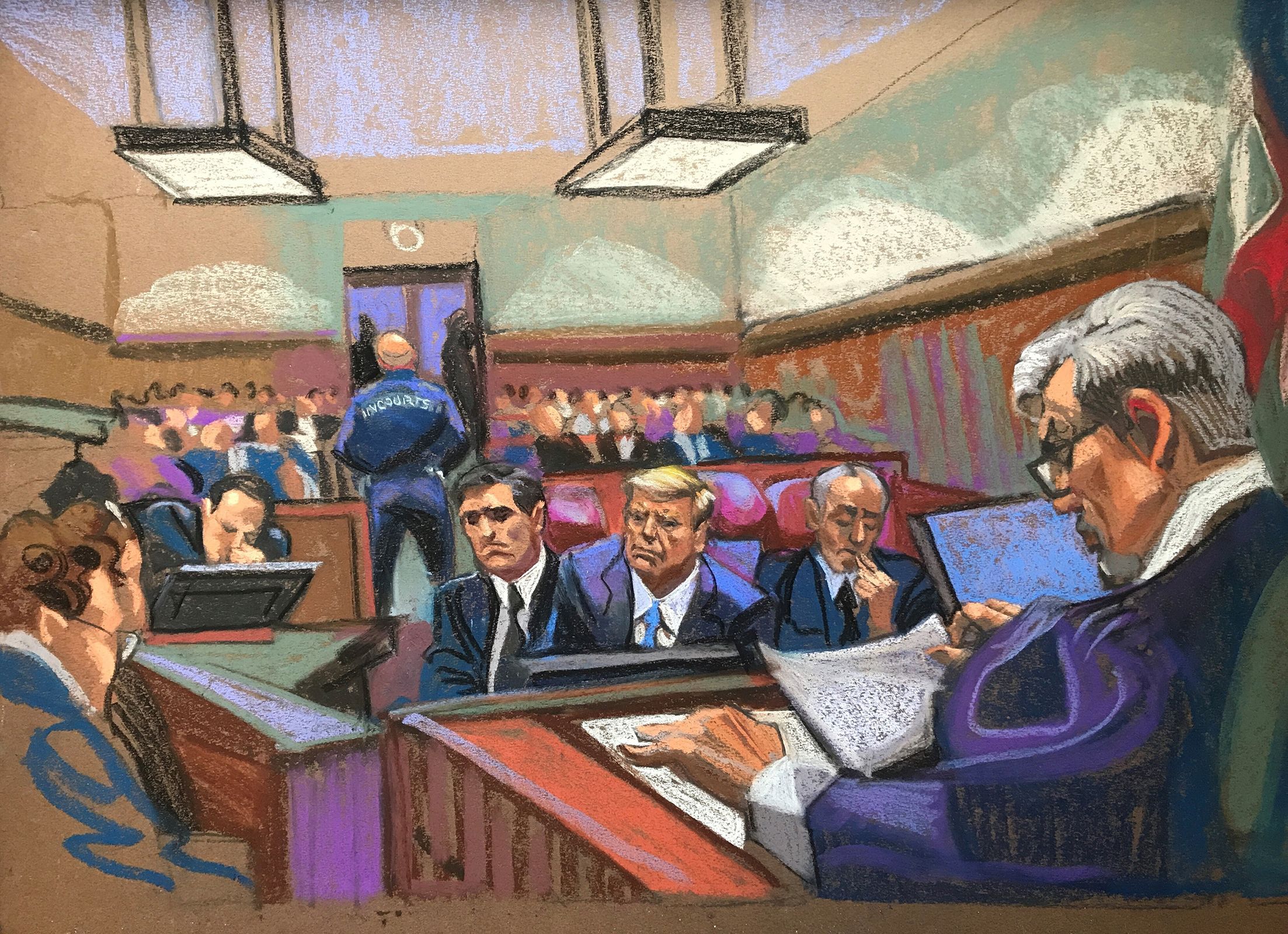As former President Donald Trump circulates conspiracy theories about jury infiltration in his hush money criminal trial, the presiding judge is grappling with the challenge of maintaining juror anonymity. This practice, once exclusive to cases involving violent criminal organizations, is increasingly common, particularly in high-profile cases or at the discretion of judges in certain states.
Historical Context of Anonymous Juries
The concept of anonymous juries is a relatively recent development in US legal history. The first anonymous jury was convened in New York in 1977 for the trial of Leroy “Nicky” Barnes, a notorious drug lord known as Mr. Untouchable. Even the attorneys in that case were not privy to the jurors’ identities, a measure more stringent than those in place for Trump’s trial.
Current Jury Selection Process
Both the prosecution and Trump’s defense team have been meticulously examining the social media histories and backgrounds of potential jurors in Judge Juan Merchan’s courtroom. In March, Merchan issued an order, unopposed by Trump’s lawyers, to seal most information about the jurors. However, maintaining juror anonymity in the digital age is proving challenging. One juror was excused after her anonymity was compromised, leading Merchan to chastise the press for potentially revealing juror identities.
Trump’s Conspiracy Theory
Trump has further complicated the situation by suggesting, without evidence, that “undercover Liberal Activists” are attempting to infiltrate the jury. This claim overlooks the fact that a unanimous jury is required for a guilty verdict, while a single vote for acquittal could result in a hung jury. A special hearing on whether Trump has violated a gag order with his continued social media attacks is scheduled for next week.
When Anonymous Juries Go Wrong
Anonymous juries are not without their controversies. The 1987 trial of mob boss John Gotti saw the jury foreman, with ties to organized crime, bribe Gotti in exchange for a hung jury. Despite this, the acquittal stood due to the constitutional protection against double jeopardy. While there is a significant difference between federal racketeering charges and Trump’s charges of falsifying a business record, the fervor of Trump’s supporters and their past violent actions suggest that juror anonymity is warranted in this case.
Current Jury Status
As of Thursday, a full 12-person jury has been seated for the trial. The jurors, whose public information includes their genders, professions, and family situations, are being scrutinized in real time during the selection process. Trump’s defense team has been examining old social media posts and questioning jurors about them, while prosecutors are searching for potential juror flaws. The weight of judging a former and potentially future president is not lost on these individuals.

